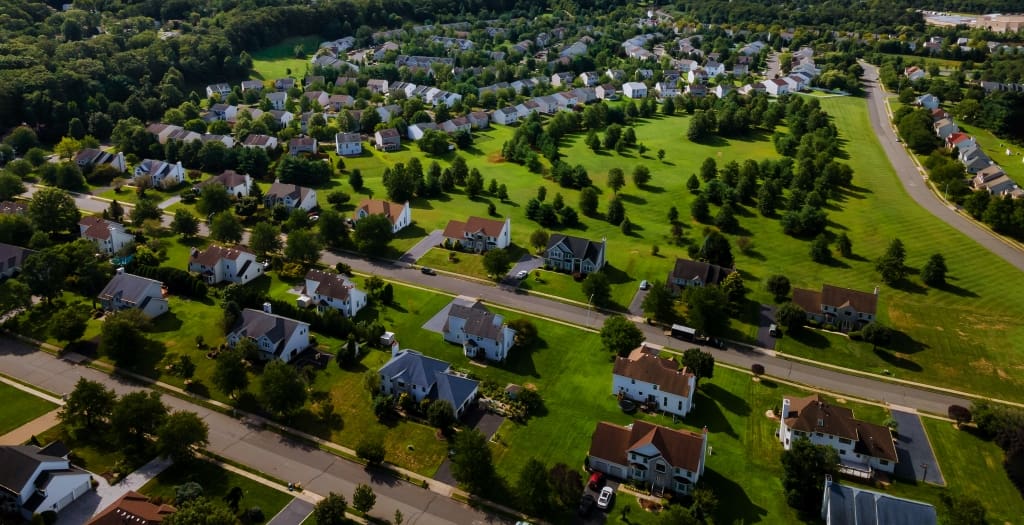A Master Homeowners Association (MHA) is an overarching governing body responsible for managing multiple residential communities within a specific area. Unlike regular HOAs that oversee individual neighborhoods, MHAs supervise several HOAs within a larger development or region. This can be condominiums, single-family, or other types of homes or structures. Read on to learn more about master homeowners associations and what they can mean for homeowners.
Understanding the Roles of a Master Association
MHAs typically handle common areas, amenities, and shared services across all affiliated HOAs. This can include maintenance of parks, swimming pools, security services, and landscaping. By pooling resources and expertise, MHAs ensure consistent standards and improve property values throughout the communities they oversee.
Benefits of Being Part of a Master Association

One major advantage for homeowners in MHAs is access to enhanced amenities and services that might not be feasible for individual HOAs. Additionally, MHAs often negotiate bulk discounts for services like trash collection or landscaping, leading to potential cost savings for residents.
Implications for Homeowners in Master Homeowners Associations
While MHAs offer numerous benefits, homeowners should also be aware of their financial obligations and governing rules. Membership fees, often known as dues, fund the MHA’s operations and maintenance costs. Additionally, MHAs enforce community rules and regulations, which can impact property use and modifications.
In conclusion, Master Homeowners Associations play a significant role in managing communities on a larger scale. By understanding their roles, benefits, and implications, homeowners can make informed decisions about living within such associations.
#HOA #HomeownersAssociation #RealEstate #MasterAssociation #MasterHomeownersAssociation
